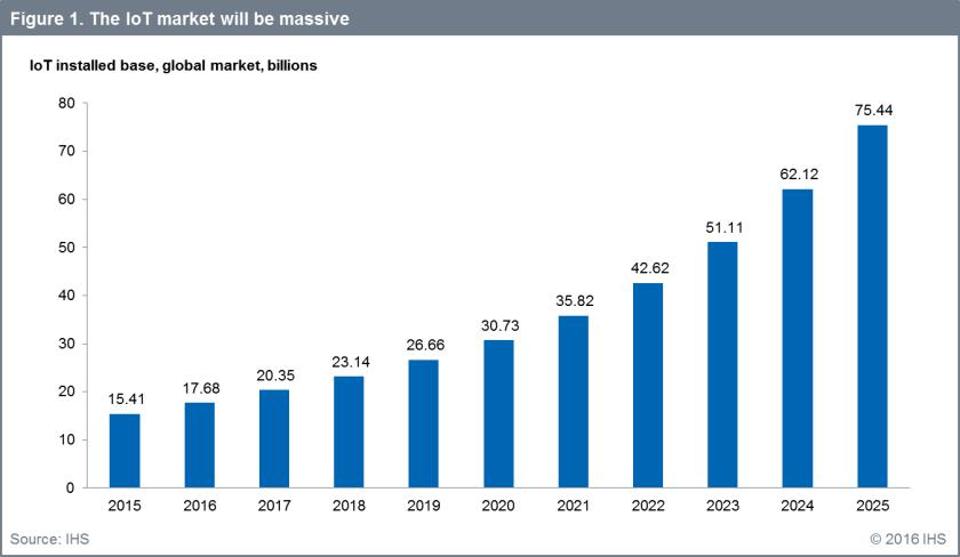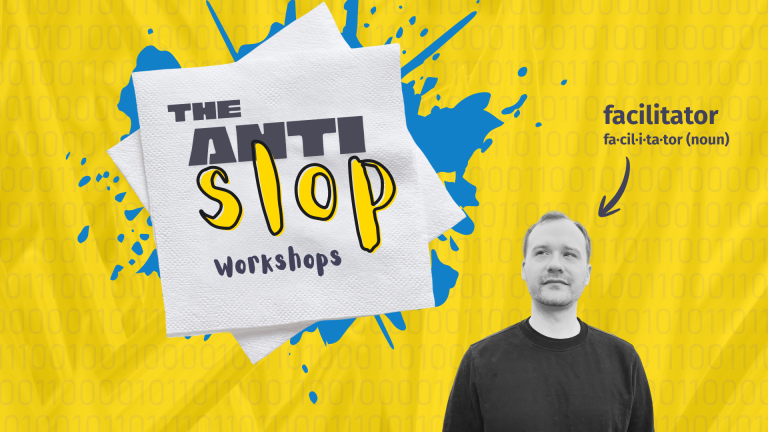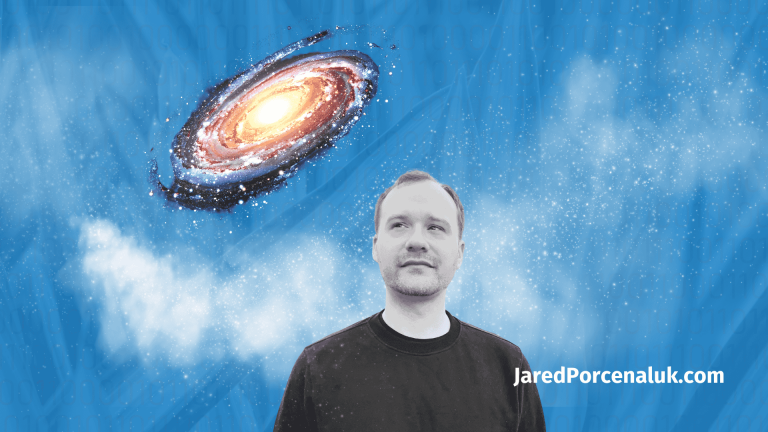Silicon Valley was born through several contributing factors intersecting, including a skilled STEM research base housed in area universities, plentiful venture capital, and steady U.S. Department of Defense spending. Stanford University leadership was especially important in the valley’s early development. Together these elements formed the basis of its growth and success.
You need three things to start a fire: fuel, heat, and oxygen. In the case of a growth of any industry, the components are much more nebulous. What do you need to start a steel industry? In Pittsburgh, you had access to local coal for refineries. You had the convergence of three rivers and thus a major port. Then the Pennsyvania Railroad happened. At any given point, it could have failed, but through hindsight you see a manifest destiny of sorts. These varied facts built upon each other to make it nearly impossible to imagine Pittsburgh as being anything but a steel town.
And as the quote above notes, there were many factors that led to Silicon Valley’s rapid tech growth over the past three decades. Yet, the things mentioned: STEM research, venture capital, Department of Defense spending, etc., these were just fuel waiting for a spark. As you trace the history up, Fairchild Semiconductor’s shakeup in the late 1960s set the stage for explosive tech growth in the region. As the employees from this one company dispersed, they formed cottage industries that sprouted throughout what was to be known as Silicon Valley. The main outcome that was to be the backbone of growth was Intel. With a one-page business plan (and $2.5 million in funding) they started up, and the rest is history.
I often wonder if I’m in the right place. All the smart money goes to Silicon Valley, so it seems. Over a thousand people graduate from UCF with an Engineering/Computer Science degree yearly, and undoubtedly the best of the best are being picked off by recruiters to sell their souls to the devil and take that six-figure job in California or Seattle. If I sound a little bitter, perhaps I am. I want those people to stay. I want them to see what I see, the growing tech scene in Orlando and the daily job postings in the Orlando Devs’ Slack. I want to show them that if they stay, they can make things better here in their home rather than taking the chances in the hyped boom-bust-boom world of the West Coast.
But then I breathe. After spending three years commuting from Northern Virginia to D.C. I know some of the pros and cons in living in such a “happening” place. The pay is great, the cost is great, and the pace is fast. Well, except when you are sitting in traffic. The lawns are all manicured. You pay a lot of taxes, you pay a lot in rent. Everyone’s car is new, and having fun is going to a vineyard and if you work for a few decades you can afford that boat and can go sailing every weekend. And then you blink and your dead.
Maybe I’m being a little melodramatic, but I did go to college here and my wife and I did move back here for a reason. Life is different down here. If you want a boat, you make do. You get a stand-up paddle board or a kayak, because no one cares. No one is asking how many feet long your boat is or if you got the warranty or what the payments are, because people pretty much don’t care. Maybe we’ll just forgo the whole boat thing and get a cooler, sit on the beach and drink some beers.
And yet, we also work. We think outside the box, but we don’t take it too seriously. We have fun and play. We automate things so we can go back to the beach. It’s not forced. We don’t have suits and ties like the East coast, and we don’t have sweatshirts with our startup’s logo on them like the West Coast. We wear whatever we want, it’s fine. We’re here to get something done, and we’ll dress however we need to. Maybe slacks and some Sperry’s, maybe shorts and a button down shirt. Maybe just a t-shirt and shorts. It’s fine.
I breathe a bit more, because I think that someday those people who left will be back. When and if the startup bubble bursts or slowly deflates, they’ll be back. And even if not, we’re starting to build our own fuel. Florida Polytechnic has over a thousand students and is looking to get accreditation this year. I can comfortably say when that happens, its a matter of time before they are known as the MIT of the South. I hope that in a few decades, MIT is known as the Florida Polytechnic of the North. We have UCF, who’s growth is frankly incredible. And with so many different programs, we’re growing a society here, not just a tech hub. As you may or may not know, Research Park has untold monies flowing through it in Department of Defense dollars. Downtown Orlando is crammed with startups and techy folk just itching to build the next big thing. The Iron Yard and UCF’s Coding Bootcamp is pumping out legions of developers, all little seeds growing and sprouting. The Orlando Tech meetup is growing and expanding, we have the largest tourism industry in the world, we are the destination for many a conference (like Vegas, but we have a lot of substance to back up our style). All of this is fuel, fuel, fuel.
As you might know, I organize the Orlando IoT Meetup (you should sign up if you haven’t already), and my goal with the meetup is to grow IoT development opportunities here in Orlando. The fuel has been growing for a long time, and I’m hoping to make a few sparks in the kindling with the impending growth of the Internet of Things that some say is going to dwarf that of the internet itself.

I honestly can’t contain my excitement. BRIDG, a $70 million facility built for the advanced manufacturing of sensor technology “like those in smart technology and other Internet of Things-based products” in Osceola is set to open this March. That’s next month, for those who are counting. Graduates of nearby colleges are pouring out with graduates ripe with the seeds of knowledge in hardware and software needed for this arena. I feel like the spark is lit, the match is burning, it just needs to be shielded from the wind so it can ignite the flame. What will be our Intel? What will be our Fairchild Semiconductor?
So what do you think? Is Orlando poised for tech growth? If you think I’m bonkers, send an email to me at jporcenaluk@gmail.com or Tweet at me @jporcenaluk. Heck, reach out to me anyway, I’d love to hear from you.


